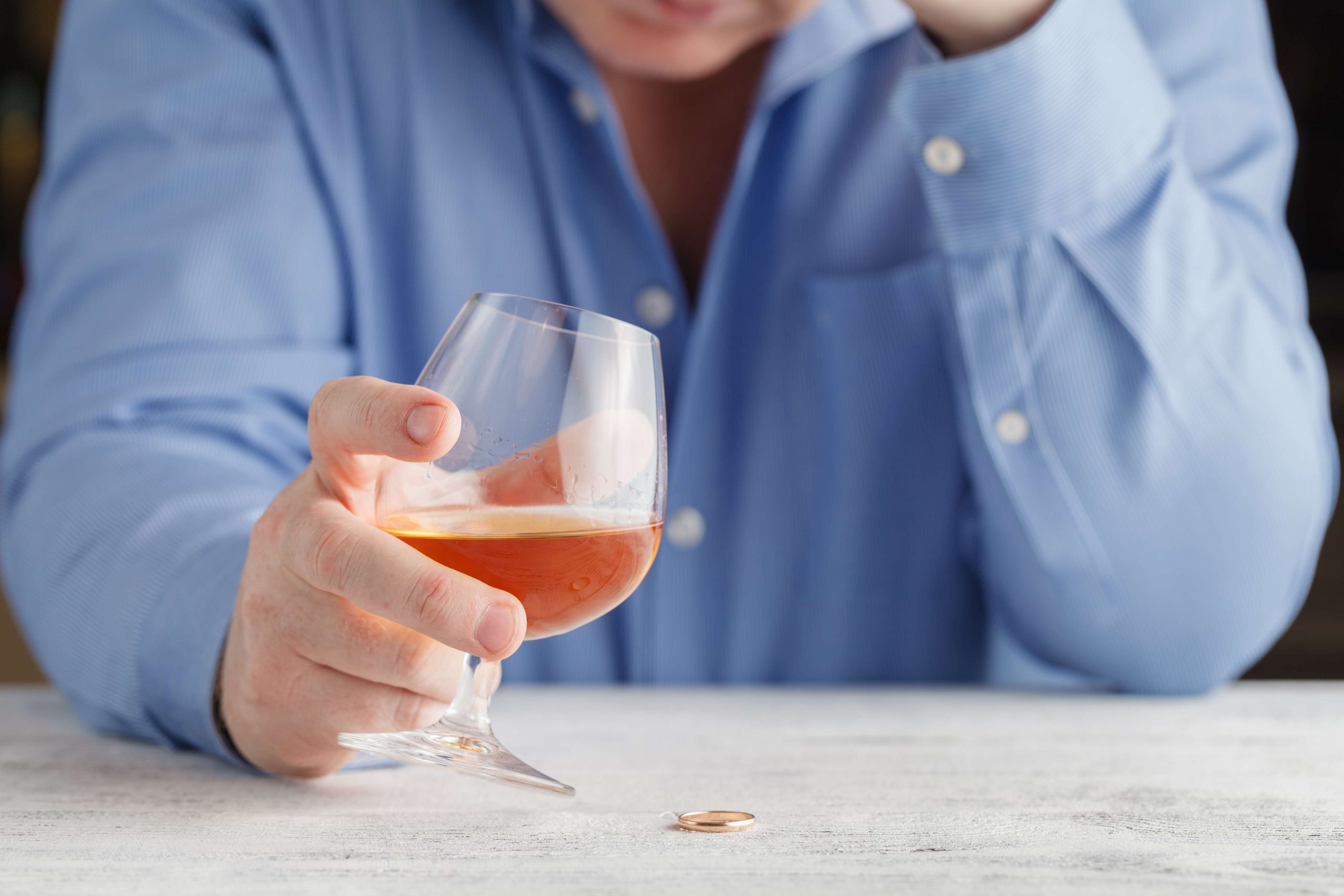Alcohol Detox Diet Eating Healthy During Alcohol Withdrawal
Her commitment extends to meeting the diverse nutrition needs of clients, even accommodating specific dietary restrictions. Beyond the plate, Kyria hosts engaging weekly groups focusing on nutrition education, food preparation, and cultivating healthy eating habits. Her creativity blossoms in the kitchen, incorporating fresh produce from our garden.
- You may not feel like eating, drinking, or taking vitamins, which can affect your overall health.
- The American Society of Clinical Oncology adds that limiting or quitting alcohol while you’re having cancer treatment may help you avoid complications.
- B vitamins, especially thiamin4, folate and B6, boost energy and are essential for the nervous system function.
- Fruits and vegetables also contain many compounds that can aid in liver detoxification.
You’ll also get access to anti-craving medications, expert medical advice, handy digital tools, and more—all through an app on your phone. A bonus is that many of these foods are an excellent source of thiamine and zinc, two nutrients that recovering alcoholics often need the most. It’s essential to drink plenty of fluids during your detox and recovery stage. Although staying hydrated in recovery is important, you should ask your doctor how much water is safe for you to drink.
Probiotic Foods
Volpicelli says that some of the negative effects of alcohol on mental health can be reversed if you stop drinking. Alcohol has many negative effects on your physical and mental health. The benefits of quitting drinking are often apparent soon after you stop, and will only continue to improve the longer you abstain from drinking. Do not drink fluids with alcohol in them, even to help mitigate the symptoms of withdrawal.
- When you drink, the alcohol suppresses your brain’s production of a chemical called antidiuretic hormone, or ADH.
- Switch up your meals by eating a range of foods from the groups you need.
- It’s common to crave sweet foods when detoxing from alcohol because, in some ways, sugar can mimic the effect of alcohol on the brain.
- Leafy greens like spinach, collard greens, turnip greens, or romaine lettuce are also great choices (please note that cooking any leafy green diminishes the vitamin B content).
- Malnourished individuals in detox should receive moderate amounts of protein.
- If you’re ready to make a positive change, here’s what you may want to know about the recovery process.
Early in recovery, your body will need to readjust to the feeling of hunger. At first, it may think hunger pangs are https://ecosoberhouse.com/ a desire to drink alcohol. That’s why it’s important to eat three meals a day plus snacks as your body heals.
Water and Hydrating Foods
Achieving nutritional balance is essential in repairing the harm addiction does to the body. Many nutrient-rich foods can support recovery; however, specific foods typically depend on the individual’s preferences. A high intake of fruits https://ecosoberhouse.com/article/best-alcohol-abuse-recovery-diet/ and vegetables and avoiding processed or sugary foods is also important to getting the nutrients that your body needs. Fruits and vegetables are nutritional powerhouses, high in fiber, vitamins and minerals, and low in calories.
Once your time with us is complete, we give you the information you need to continue a healthy diet at home. A big part of alcohol recovery is taking steps to improve your lifestyle through changes like diet and exercise. If you’ve been trying to get to and maintain a weight that supports your health, quitting alcohol can help you meet that goal.
Top doctors in ,
Studies have also connected alcohol use to an increased risk of stroke, especially for people under the age of 45 years old. When you stop drinking, your skin gets more elastic and the redness and discoloration on your face will slowly fade. Neurotransmitters can rebound beyond their usual activity levels, which can leave you feeling anxious and irritable. Volpicelli explains that this volleying can also lead to low motivation or anxiety and depression. John C. Umhau, MD, MPH, CPE is board-certified in addiction medicine and preventative medicine. For over 20 years Dr. Umhau was a senior clinical investigator at the National Institute on Alcohol Abuse and Alcoholism of the National Institutes of Health (NIH).




